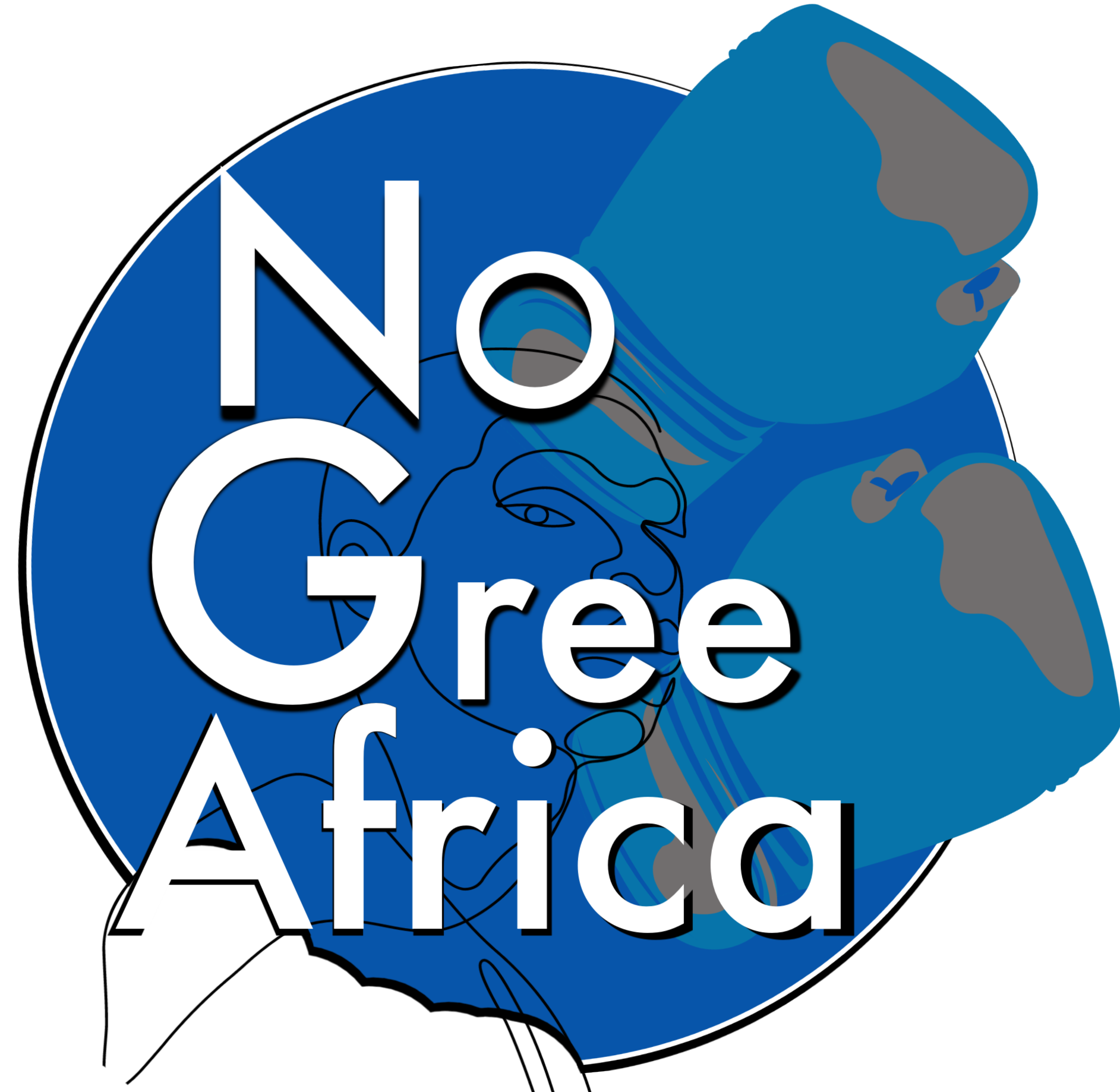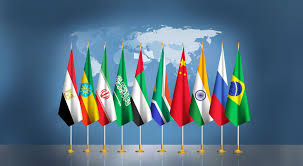By Pai Tukum
In January 2025, the Trump administration initiated a comprehensive review of U.S. foreign aid programs, leading to a 90-day suspension of all foreign development assistance. This suspension was formalized through Executive Order 14169, titled “Reevaluating and Realigning United States Foreign Aid,” signed on January 20, 2025. Subsequently, over 90% of USAID’s foreign aid contracts were terminated, resulting in a reduction of approximately $60 billion in U.S. foreign assistance worldwide.
Nigeria, as one of the top recipients of USAID funding, has been significantly affected by these cuts. In 2023, Nigeria received over $600 million in health assistance from the U.S., supporting various programs, including HIV/AIDS treatment, malaria prevention, and maternal and child health services.
While the full impact of these funding cuts has yet to materialize, there are growing concerns about potential disruptions in essential health services. The World Health Organization (WHO) has warned that Nigeria is among eight countries that could soon run out of HIV medications due to these cuts, potentially leading to over 10 million new HIV cases and three million related deaths.
In anticipation of these challenges, the Nigerian government has taken proactive measures. The Federal Executive Council approved an additional $200 million for the health sector as part of its 2025 budget to offset the shortfall from U.S. aid cuts. This allocation aims to supply vaccines and treatment for epidemic diseases and sustain critical health services.
Dr. Chikwe Ihekweazu, former Director-General of the Nigeria Centre for Disease Control, expressed concern over the situation: “The sudden withdrawal of support places immense pressure on our already strained health system. We must explore sustainable domestic solutions to ensure continuity of care.”
Health NGOs operating in Nigeria have also felt the impact. Many have had to scale back operations, leading to reduced community outreach and support services. A representative from a local health NGO noted, “Our programs have been lifelines for many communities. Without adequate funding, we’re forced to make tough decisions about which services to continue.”
The broader implications of these cuts extend beyond immediate health services. The reduction in aid threatens to undermine years of progress in disease control and health infrastructure development. As Nigeria grapples with these challenges, the resilience of its health sector and the well-being of its citizens hang in the balance.
In the words of a senior health official, “This is a wake-up call for Nigeria. We must prioritize health funding and reduce our dependency on external aid to build a robust and self-sufficient health system.”
The coming months will be critical in determining how Nigeria navigates this crisis and what strategies will be implemented to safeguard the health of its population.







